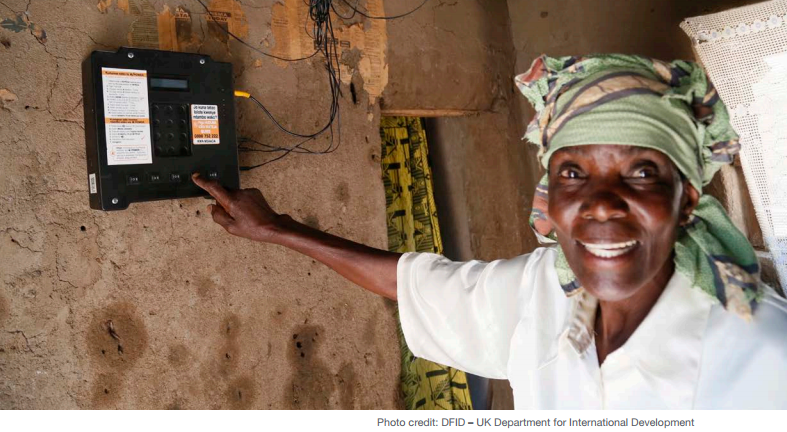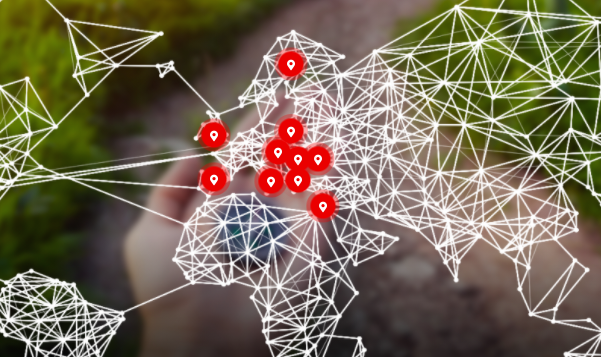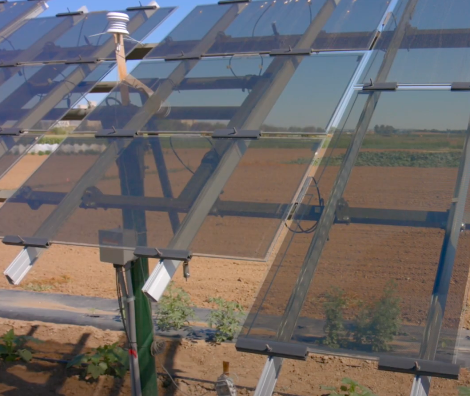
The Emergence of New and Innovative Business and Delivery Models in 1 of 4 Drivers Identified That Are Enabling Pico-Scale Solar in Sub Saharan Africa. Other drivers are an increase in alternative fuel prices, an increase in technology efficiency, and the introduction of a global product quality certification system.
Within the past 10 years a new and innovative business model has emerged, which has greatly contributed to the diffusion of pico-solar and SHS among lower income groups of society in SSA. This model has come to be known as the Pay-As-YouGo (PAYG) model where consumers are able to purchase smaller amounts of electricity based on their needs, instead of investing a considerable sum of money on purchasing the equipment up front.
The PAYG model requires that a company, donor or utility owns and operates the equipment while servicing the local household’s electricity needs. The household, in turn, pays for the service in smaller instalments over a period of 12-36 months (Rolffs et al., 2015). The emergence of the modern PAYG model has been enabled by two crucial preconditions. The first relates to the diffusion of mobile phones and the spread of mobile payment schemes, initially developed in Kenya in 2007.
The second is related to the introduction of new metering and monitoring technologies, which enable instant monitoring and regulation of electricity use. In combination, the widespread use of mobile phones, availability of mobile payment schemes and new metering technologies allow suppliers of Pico and SHS systems to monitor and regulate consumption remotely (Faris, 2015; Fox, 2015). Equipment use can be monitored in real-time by means of a telephone chip, and electricity will only be provided as long as the consumer is in advance of the payment agreement.
Furthermore, mobile payments allow companies to collect large amounts of data on consumption patterns in order to optimize energy use for the consumer. While the current availability of PAYG lighting services in Africa is mainly concentrated in East Africa, leading providers of PAYG solar systems are expanding their operations into other African countries. This regional expansion of small-scale solar products offered via PAYG systems is expected to continue in the coming years.
Currently, the companies with the highest market shares in East Africa providing Pico and SHS products via the PAYG model include: M-KOPA, Mobisol, Azuri Technologies, BBOXX and SolarNow (Rolffs et al., 2015; Alstone et al., 2015). Table 1 provides a description of Azuri Technologies to illustrate how the PAYG model forms an integrative part of the business model and activities of one of these firms.
Photo Credit: Photo credit: DFID – UK Department for International Development
From: Nygaard, I., Hansen, U.E. and Larsen, T.H. (2016) The emerging market for pico-scale solar PV systems in Sub-Saharan Africa: From donor-supported niches toward market-based rural electrification. UNEP DTU Partnership.





